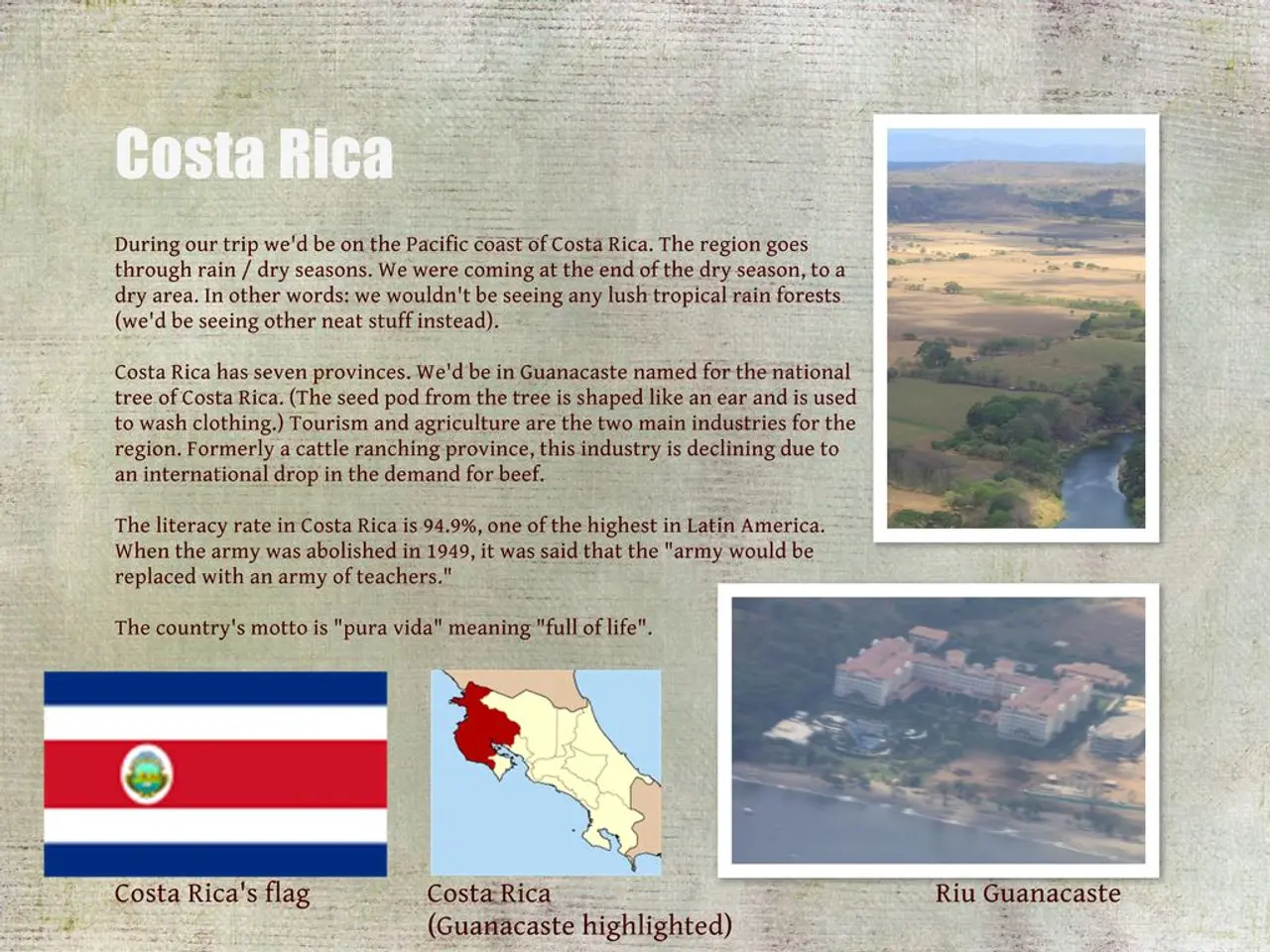Right-wing leader Miguel Uribe Turbay, marked by misfortune, passes away at 39 years old in Colombia
Colombian Senator Miguel Uribe Turbay Assassinated: A Tragic Reminder of Election-Related Violence
Miguel Uribe Turbay, a prominent Colombian senator and presidential candidate, died on Monday at the age of 39 following an attack in June. The attack, which occurred during a rally in a working-class neighborhood of Bogotá, has sent shockwaves through the country and sparked national grief and political turmoil.
Uribe Turbay, who was born on January 28, 1986, was orphaned of his mother at a young age due to Pablo Escobar. His mother, Diana Turbay Quintero, was a journalist who was kidnapped by Escobar and later killed. Uribe Turbay's maternal grandfather was the former president of Colombia, Julio César Turbay Ayala.
Uribe Turbay's first steps in Colombian politics were seeking a seat on the Bogotá City Council in 2011, where he became the president of the corporation. He later became one of the figures of Uribeism and had the most projection for a presidential career. Uribe Turbay completed a Master's degree in Public Administration at Harvard.
Uribe Turbay launched his last campaign in Copacabana, Antioquia, with the slogan "Security returns". He was elected as a senator in 2022 with the highest vote at the national level, arriving at Congress as the head of the list of the Democratic Center.
The attack on Uribe Turbay occurred on June 7, when he received two shots to the head while giving a speech to activists. Six people were arrested, including the teenager who fired and adults allegedly involved in orchestrating the attack. A dissident of the extinct FARC guerrilla is pointed out as the possible intellectual authors of the attack.
The most recent documented timeline of political violence in Colombia includes multiple severe attacks on prominent figures and political candidates in 2025, reflecting a resurgence of election-related violence not seen since the 1990s. Key recent events include a wave of 24 coordinated terrorist attacks in southwestern Colombia, claimed by FARC-EP dissident groups, and increased clashes in the Catatumbo region involving FARC-EP dissidents and the ELN guerrilla group.
Despite efforts like President Gustavo Petro's “Total Peace” initiative to reduce armed conflict, political violence remains endemic and even worsening in some areas. The 2026 elections risk exacerbating political polarization and violence due to entrenched hatreds and failure to reach national consensus. Uribe Turbay's death revives the worst moments of Colombia's turbulent history, particularly the assassination of presidential candidates during the Escobar era.
Uribe Turbay's life partner, María Claudia Tarazona, wrote a tribute to him on her Instagram account. Tarazona and Uribe Turbay met while he was in the Bogotá City Council and got married at the end of his term in the district entity.
The investigation into Uribe Turbay's assassination is ongoing, involving international cooperation from the UK, UAE, and USA, with a large bounty offered for further information. The attack serves as a grim reminder of the ongoing threat of political violence in Colombia and the urgent need for peace and stability in the country.
World leaders have expressed their condolences over the assassination of Colombian Senator Miguel Uribe Turbay, signaling a global concern about the escalation of war-and-conflicts in Colombia. The general-news coverage of Uribe Turbay's death has highlighted the increased risks of crime-and-justice and car-accidents that politicians face in a climate of political turmoil. Politicians from across the globe have called for stricter measures to ensure the safety of candidates ahead of the 2026 elections, an event that could be marred by further incidents of election-related violence similar to those seen in the 1990s. The international community is also monitoring the ongoing investigation into the assassination, hoping to bring those responsible to justice and create a safer environment for diplomatic relations.







